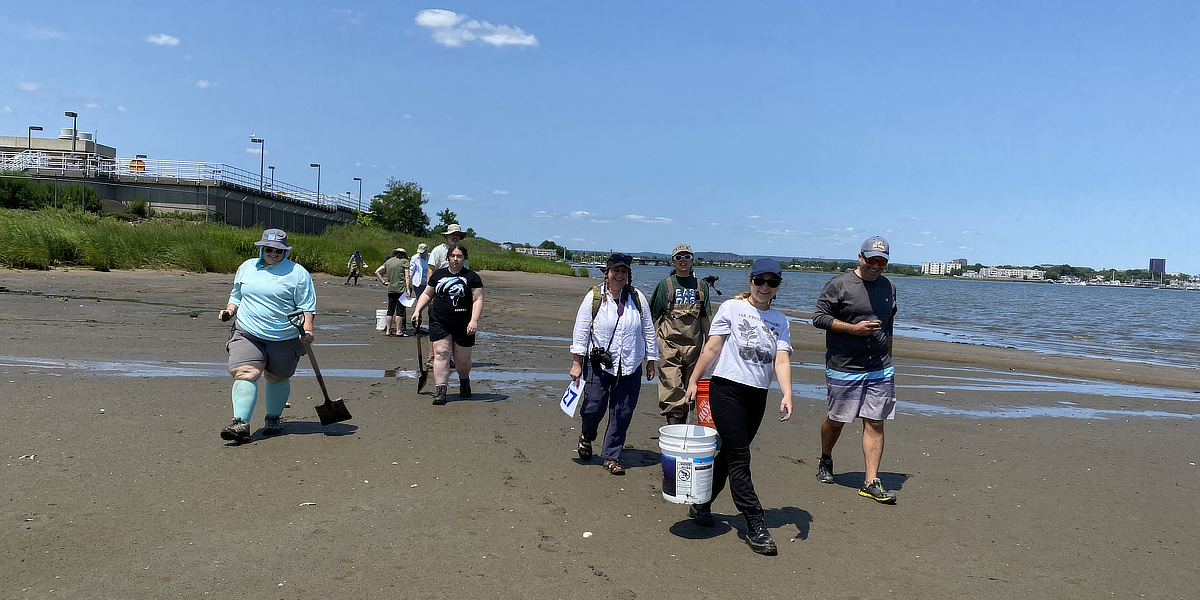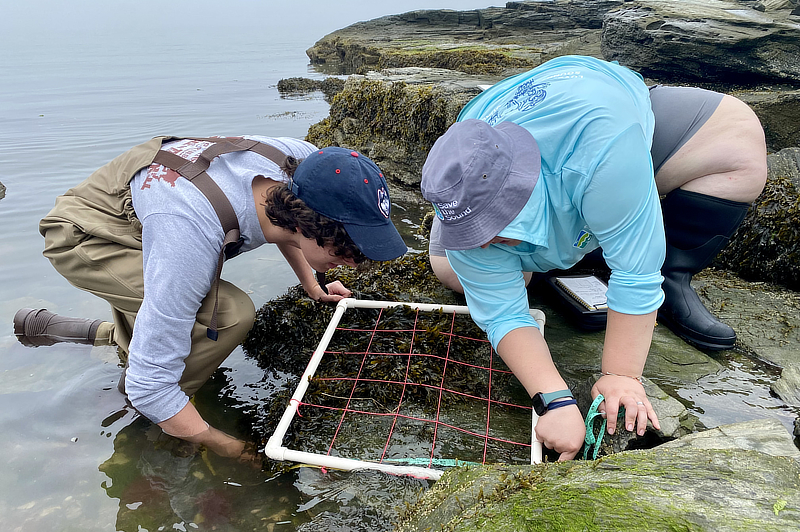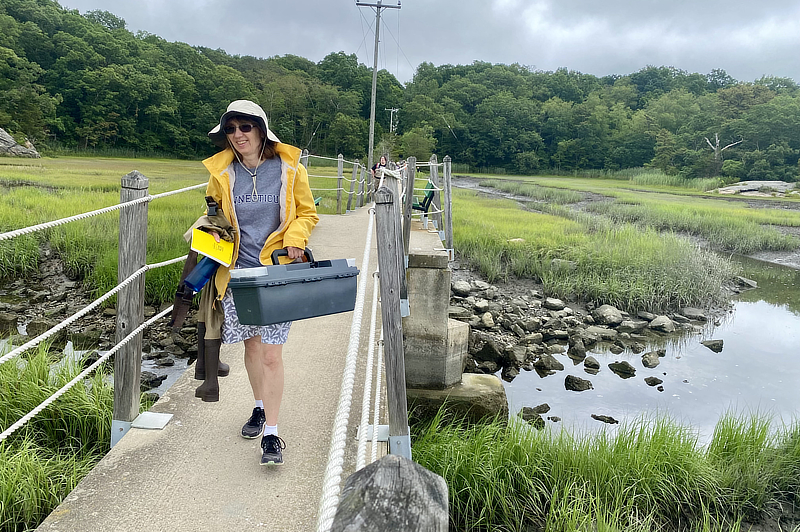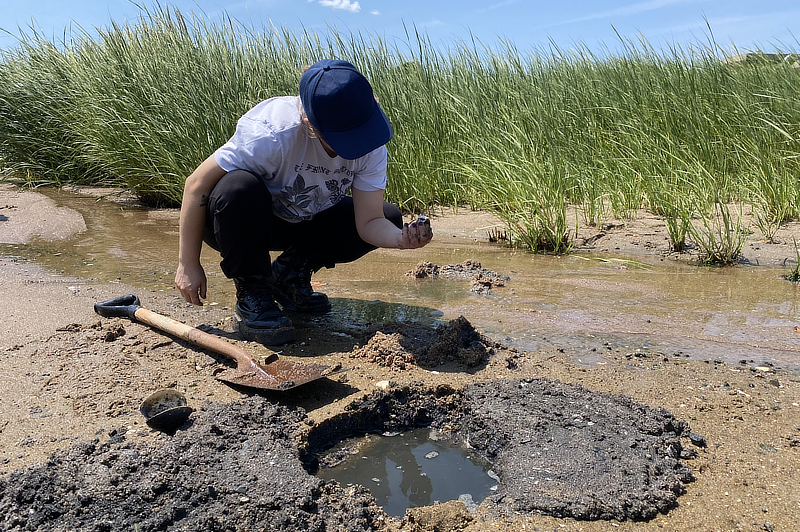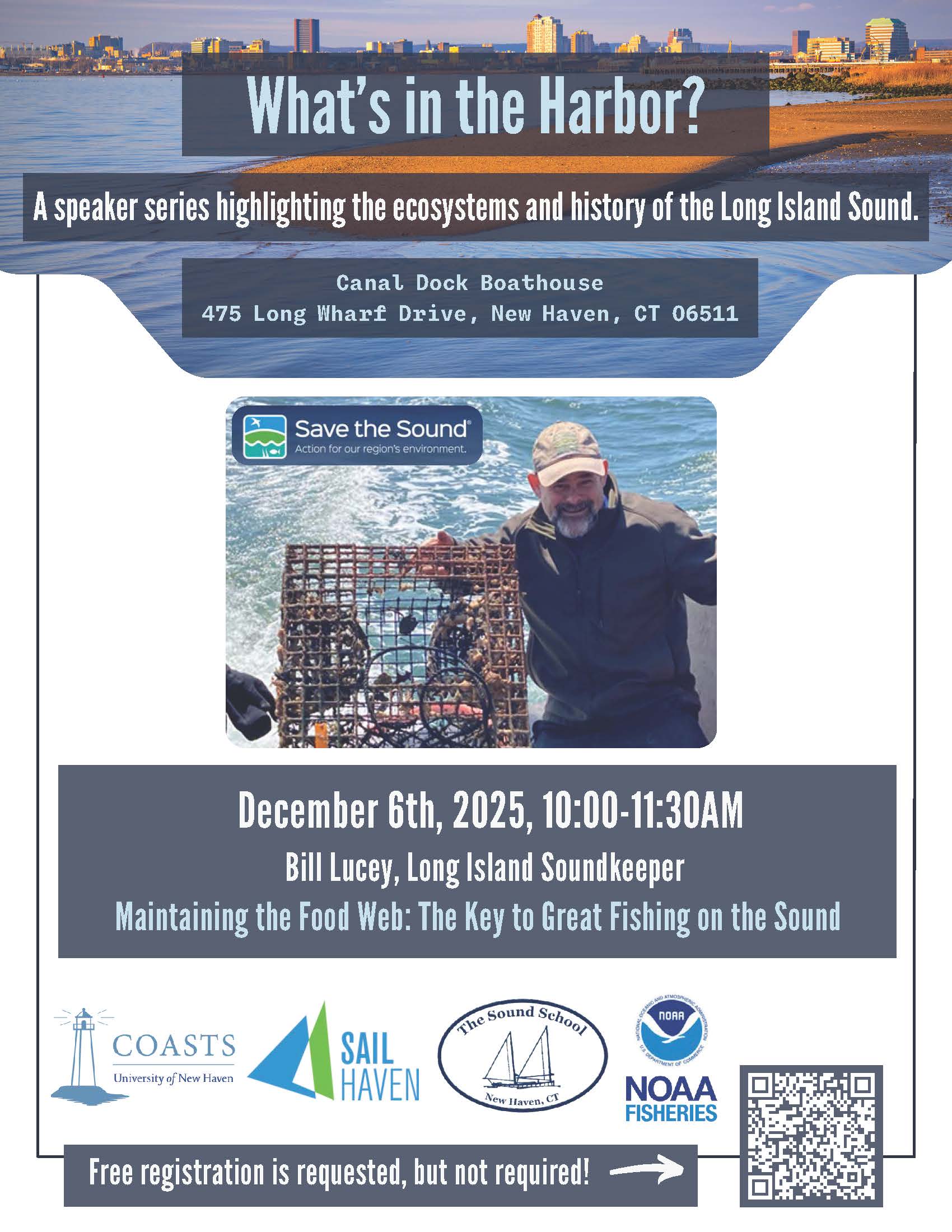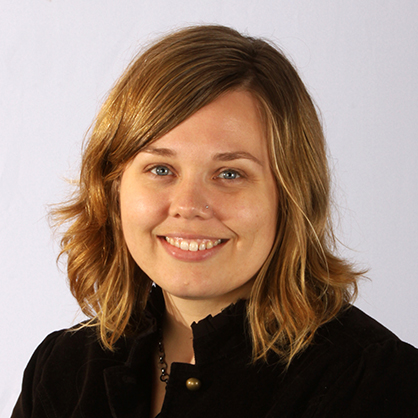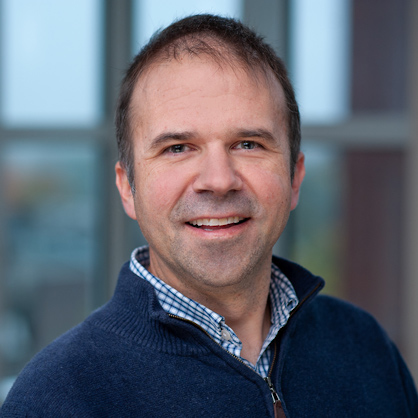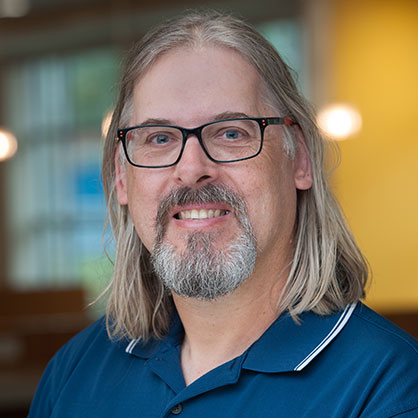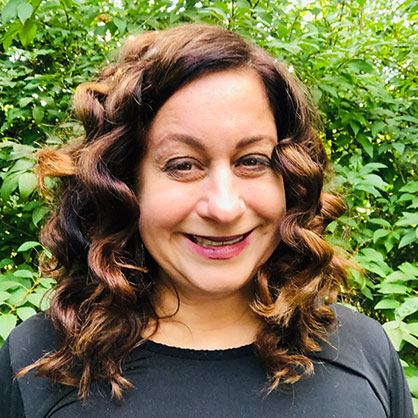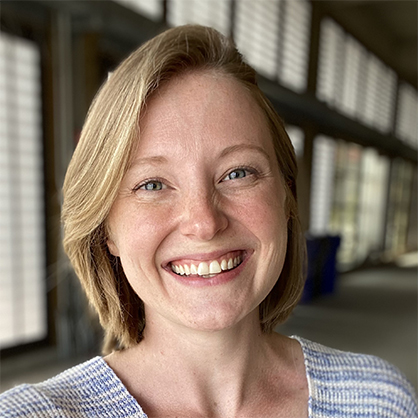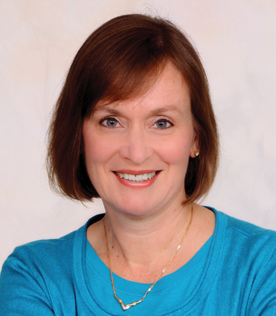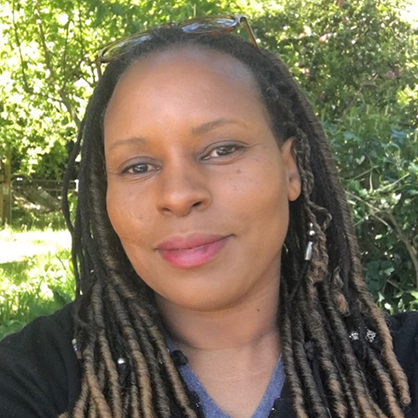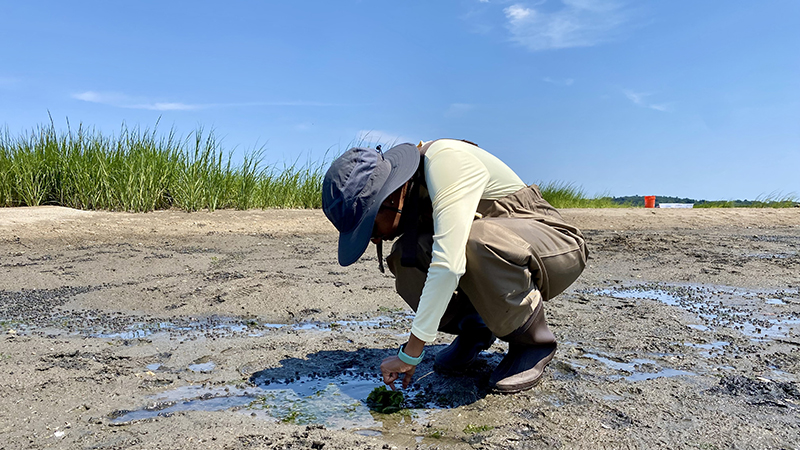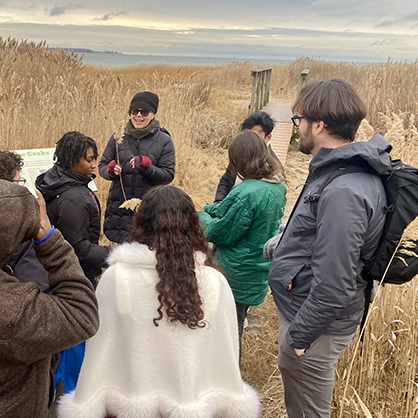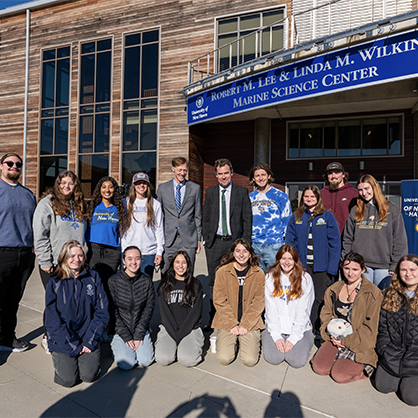Based at the University of New Haven’s Robert M. Lee and Linda M. Wilkins Marine Science Center at Canal Dock, the COASTS Program started as a summer coastal stewardship training program for local community members. Today, COASTS – Community Opportunities for Accessing Science Training on the Sound – has evolved into an initiative for environmental education, community outreach, and hands-on science experiences centered around our most valuable local resource: the Long Island Sound, our Blue Backyard.
Through community-engaged events, school partnerships, community science, and volunteer opportunities, COASTS connects people of all ages with the coastal environment that lies just beyond our doorstep. By making marine and environmental science more accessible and engaging, we’re inspiring people of all ages to become stewards of the Long Island Sound
and work together towards a healthier, more sustainable coastline.
Whether you're a student, educator, lifelong learner, or curious visitor, we invite you to join us, connect with your local community, and help protect our shared Blue Backyard.
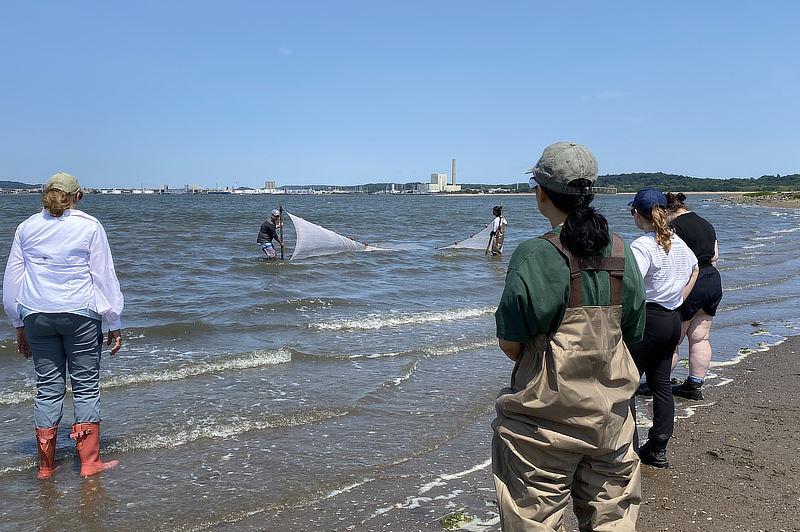
For this summer program, we look to recruit 20 diverse community members, ages 16 and up, from New Haven and West Haven to become trained “COASTers.” Participants will be led by experts from the University of New Haven and Gateway Community College and will learn field skills, explore the ecology and water quality of Long Island Sound, and gain tools to communicate coastal science, policy, and conservation with the public.
This training program is free and all costs for travel and supplies will be covered for selected COASTers.
-
Tentative Training Schedule for Summer 2025
- June 28: 9 a.m. – 2 p.m.
- July 13: 9 a.m. - 2 p.m.
- August 2: 11 a.m. – 4 p.m.
- August 16: 8 a.m. – 12 p.m.
-
Benefits for COASTers
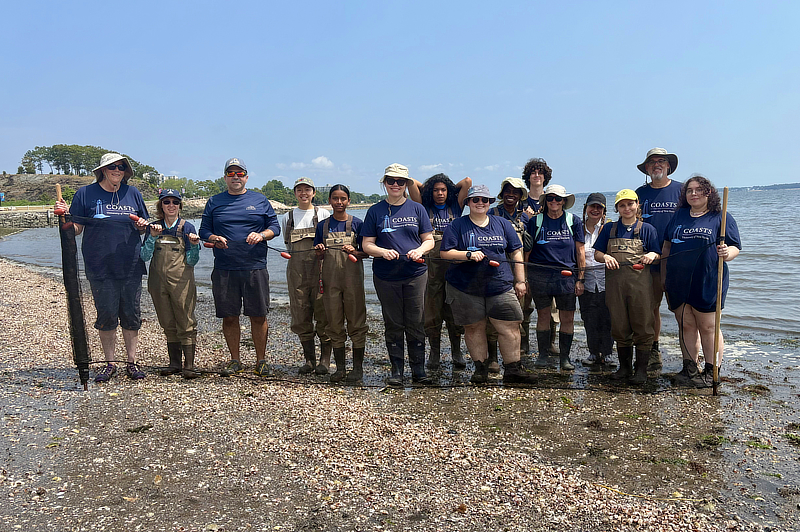
In addition to their training, COASTers without access to a computer or the internet can apply to receive a Chromebook and internet access for use during the course. After completing the program, some participants will be selected as Community LIS Experts—serving as ambassadors and helping connect coastal science to local communities through events and outreach.
-
Training and Visits to Local Coastal Environments
Zoom class sessions will provide COASTers with training on the diverse environments and organisms of Long Island Sound by leading experts.
Field days will bring COASTers to these coastal environments to put what they learn into practice. University of New Haven faculty members and experts from COASTS community partner organizations will train COASTers to recognize and identify organisms (both native and invasive), measure and interpret water chemistry, and characterize physical environments in our Blue Backyard.
Upcoming Community Events at Canal Dock Boathouse
What’s in the Harbor?
A speaker series at Canal Dock Boathouse highlighting the ecosystems and history of the Long Island Sound.
December 6, 2025, 10 - 11:30 a.m.
Join Bill Lucey, Long Island Soundkeeper, for an engaging talk on how Save the Sound’s work to improve water quality, restore coastal habitats, and strengthen fisheries policy helps protect the Sound’s ecosystem and support thriving fish populations.
Register Here
Interested in hearing about future community events at Canal Dock? Share your email address here to receive updates and information about our upcoming programs as they are scheduled.
-
2025 Community Outreach Spotlight
COASTS Presents: Coastal Resilience in a Changing Climage
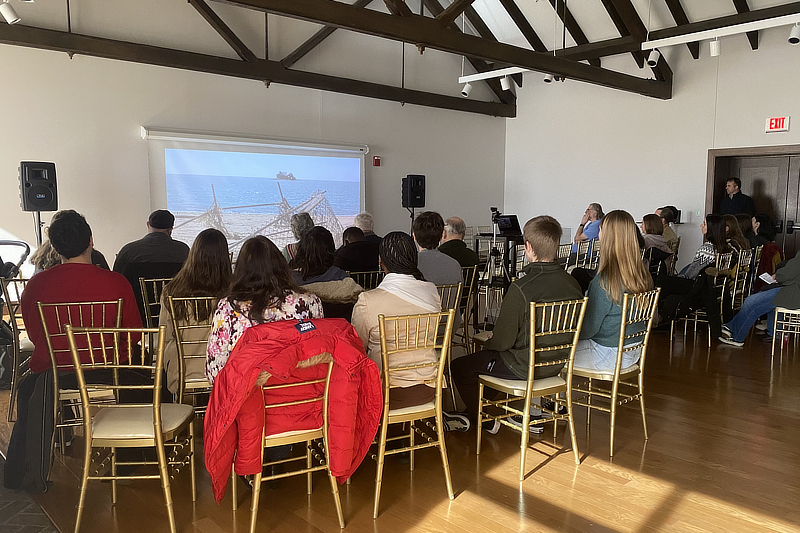
Celebrating Sustainability on the Sound
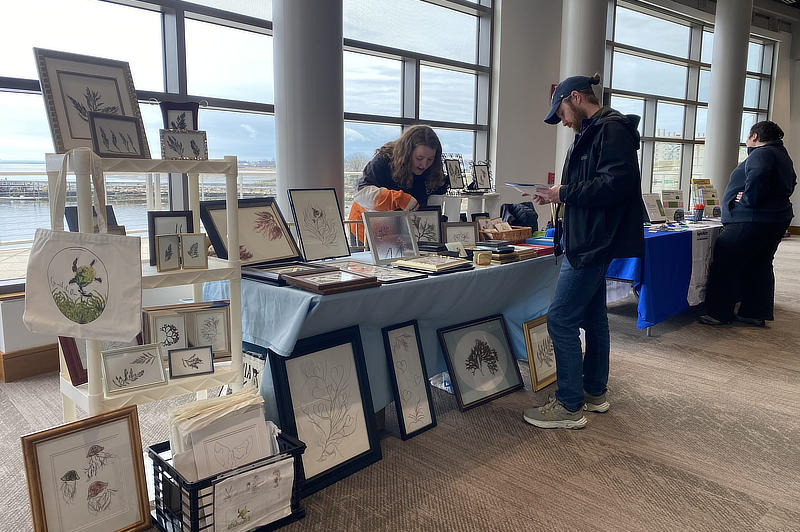
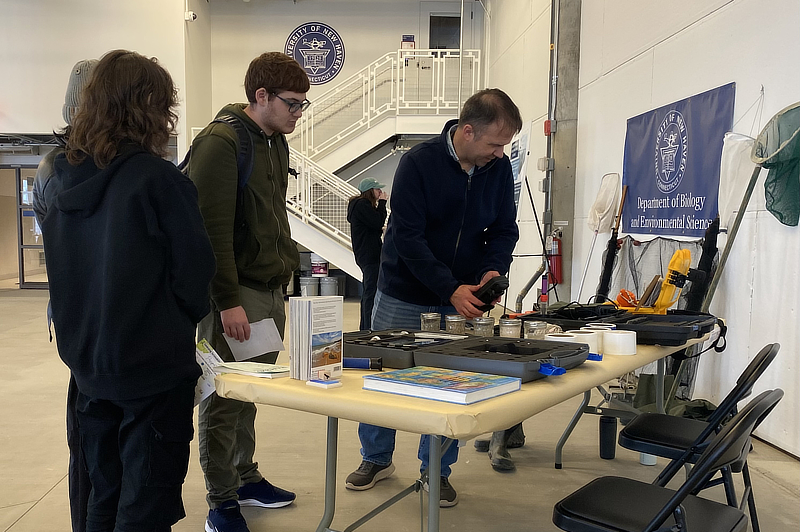
What’s in the Harbor? Speaker Series
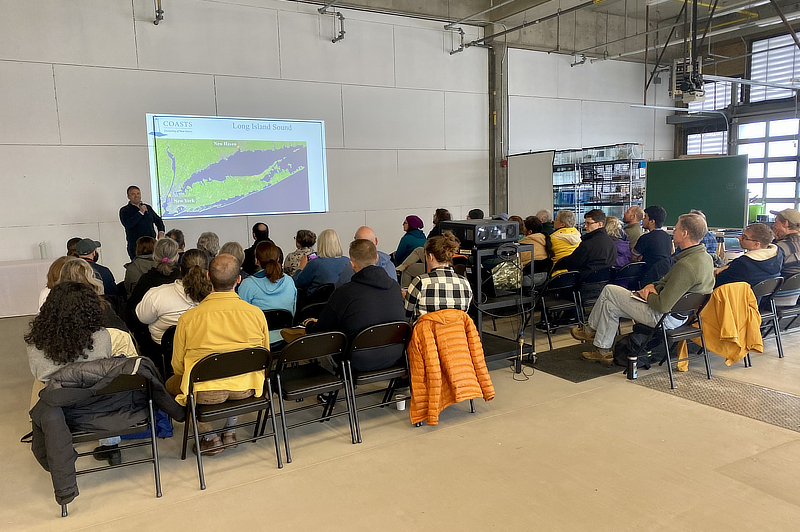
Field Trips for New Haven Public Schools
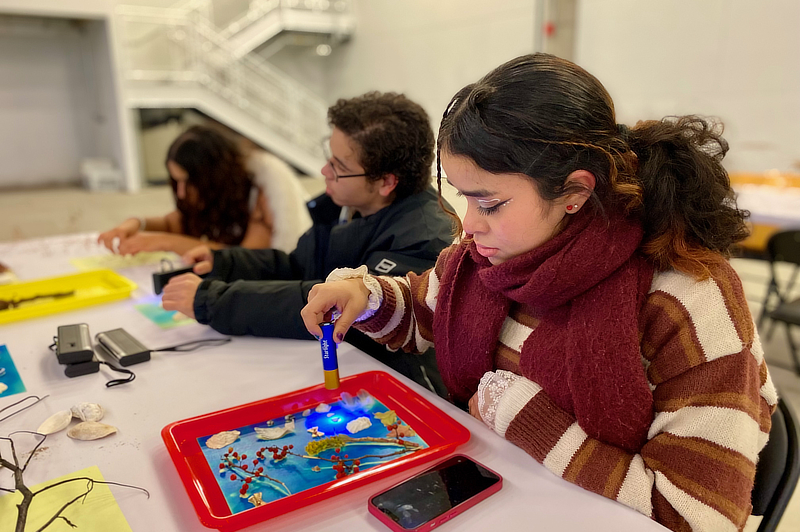
-
Meet Our Program Experts
Leading the COASTS program are University of New Haven faculty and staff members who are experts in ecosystems and ecology; oceanography and water quality; fish and other marine vertebrates, marine pollution and microplastics; and marine science education and outreach. The program will also be joined by experts from Mystic Aquarium and the National Audubon Society.
Robert M. Lee & Linda M. Wilkins Marine Science Center
